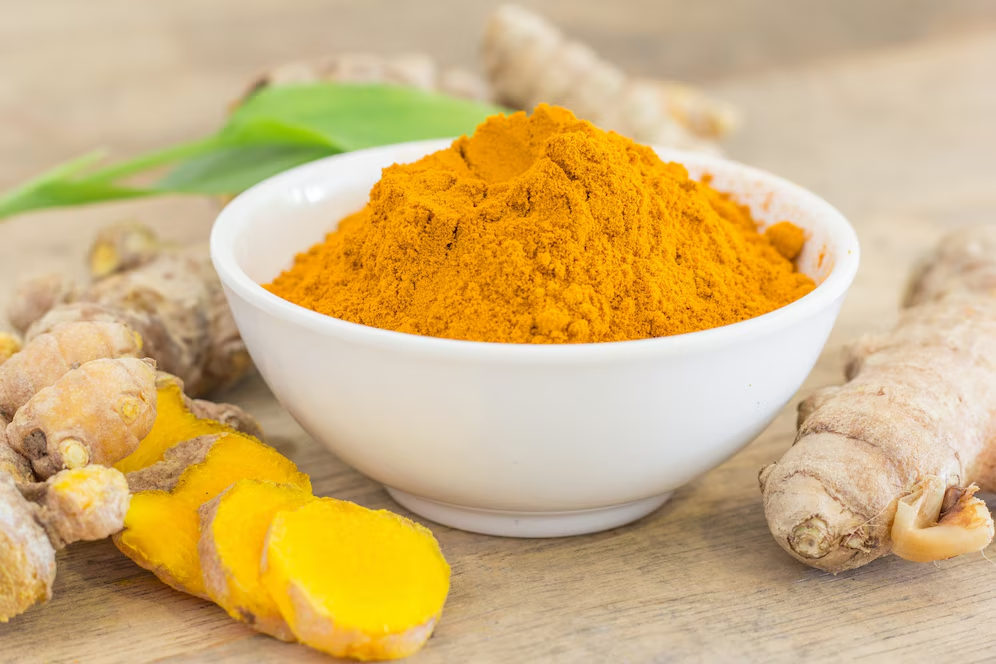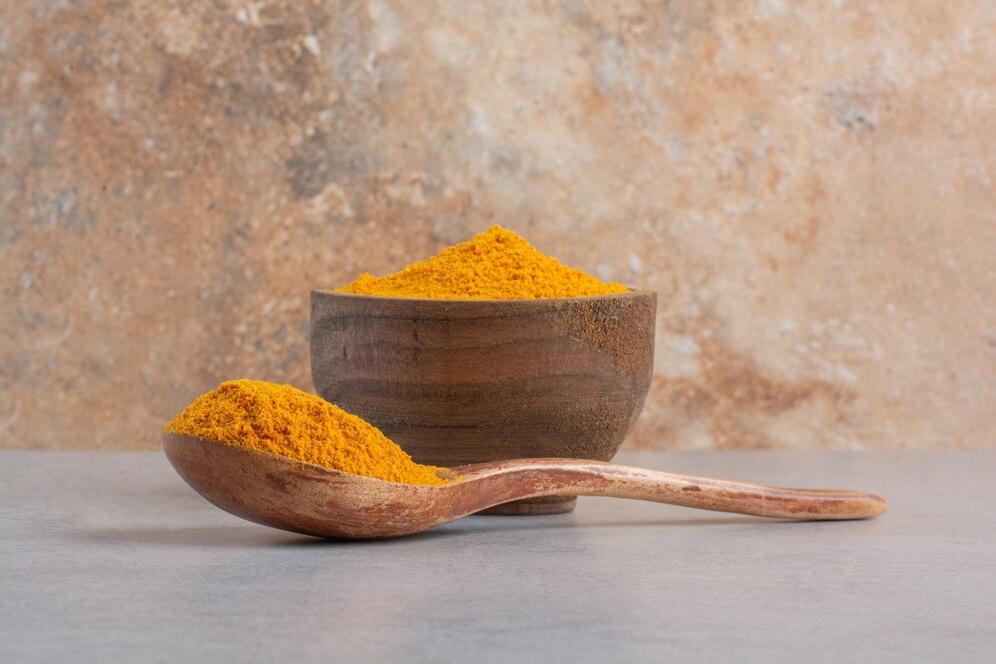Known for its bright yellow color and delicious aroma, turmeric is an integral part of an Indian kitchen. But do you know that turmeric is not only delicious but also extremely beneficial for health? In recent research, scientists have found that 'curcumin', the main element found in turmeric, can help in increasing the good bacteria in the intestine.

Brazilian scientists have discovered a link between curcumin and intestinal health. This research has been done by researchers from the University of Western Sao Paulo (UNOESTE) and Sao Paulo State University, the results of which have been published in the International Journal of Pharmaceutics.
Learning outcome
The study found that curcumin solution given in the form of nanoemulsion increased the amount of Lactobacillus bacteria in rats by 25%. Lactobacillus bacteria are commonly found in probiotic-rich foods like yogurt and are known to have good effects on gut health.
Expert's statement
Professor at the University of Western Sao Paulo and lead researcher of this research, Lijgian Cratli Winkelstretter Eller, explained the importance of this discovery and said that this nanoemulsion changed the intestinal microbiota of mice by increasing the number of good bacteria, which increased the bioavailability of curcumin. (bioavailability) also improved.
For whom can it be beneficial?
The researchers' goal was to address the low bioavailability of curcumin, especially for patients suffering from inflammatory diseases such as Crohn's disease and ulcerative colitis. Researchers gave curcumin nanoemulsion orally for 14 days to artificially induce intestinal inflammation in rats. After treatment, they observed positive results such as improvement in intestinal microbiota and better bioavailability of curcumin.

Although the nanoemulsion did not significantly improve intestinal inflammation, the amount of Lactobacillus bacteria was found to be significantly higher in mice treated with curcumin nanoemulsion compared to the control group. The study authors stressed the importance of developing new formulations to maximize the potential of curcumin in the prevention and treatment of inflammatory bowel disease. Curcumin may emerge as a promising alternative to existing treatments, which are often expensive and may have serious side effects. This research highlights the ability of curcumin to promote gut health and offers hope for the development of better treatments for inflammatory bowel disorders.
(PC: Freepik)










